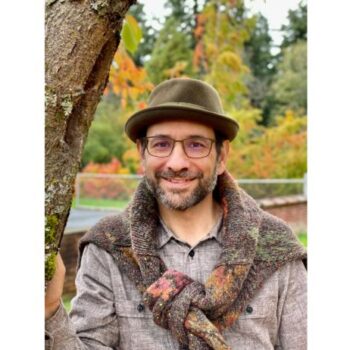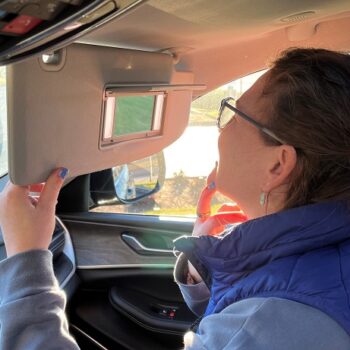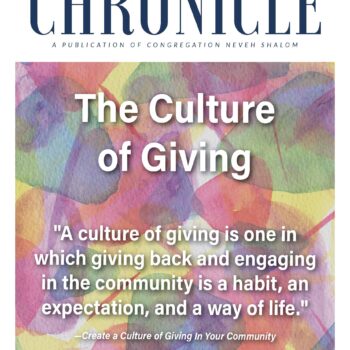Rabbi Shmuly Yanklowitz had a social media post this week that touched me, for it spoke to where I find myself these days. He wrote: “A halacha of Shabbos muktzeh teaches us about human dignity. For observant Jews, we have objects that are muktzeh (can't be touched on Shabbos to preserve the sanctity of the day). One of those objects is a rock. Unless a rock was designated before Shabbos to have a unique purpose on Shabbos, you can't move it...”
Throughout this week's Torah portion, we see the notion that “God hardened Pharaoh’s heart.” As human beings, we value our free will above all else, so this idea doesn’t sit well with everyone. If God caused the hardened heart, does that mean we have no free will?
This past week, I have been sitting shivah for my mother. It’s been a time filled with family, heightened emotion, and learning. One gleaning worth sharing is my recognition of what it means to hold shivah in a place where the deceased lived and was known versus shivah where the bereaved live. This is an important topic in a city like Portland where our CNS community is composed of multigenerational families as well as many transplants, such as my own family.
One of my favorite teachings in Pirkei Avot is from Hillel: “In a place where there are no people, strive to be a person.” It’s important to know that each of us has a voice, even if there’s not a chorus of other voices joining in.
In Parshat Vayechi, as we see Joseph “fling himself upon his father, weep and kiss him” when he dies, we are reminded of the emotional intensity in the space between physical presence and physical separation.
Earlier this week, a congregant shared with me a quote she had found particularly profound: “We are all given only two minutes to live; however, when we take a breath, then the clock resets.”
Click to view the January/February 2023 issue of Neveh Shalom’s Chronicle Please note that the file is large, thank you for your patience.








